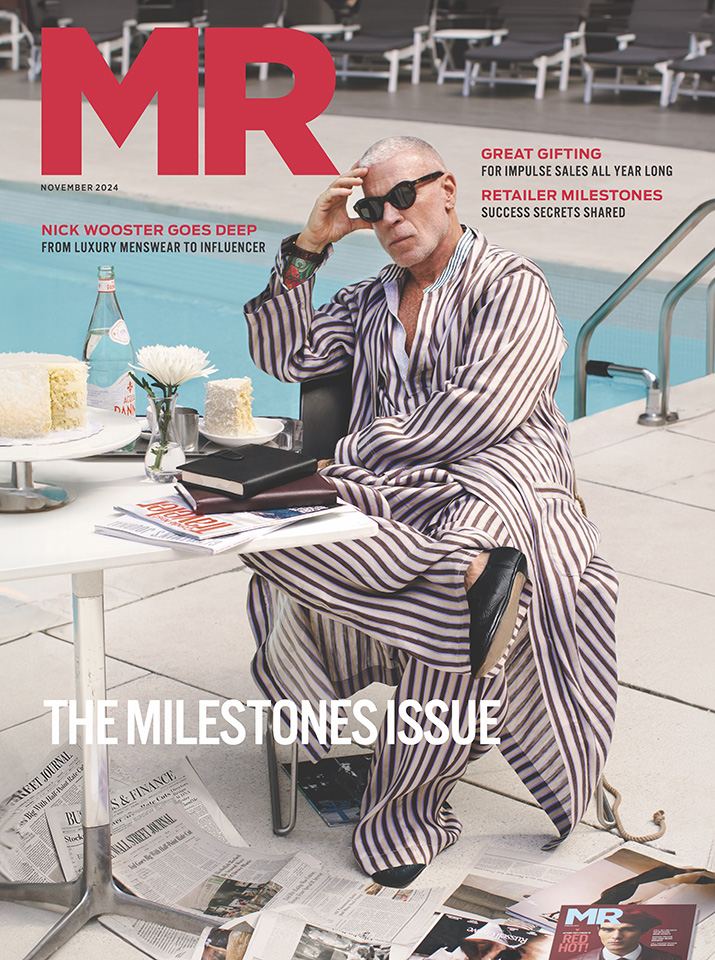Politicians Cannot Bring Back Old-Fashioned Factory Jobs

The vices are what strike you. The Mercedes AMG factory in Brixworth, a town in England’s midlands, is a different world from that of the production line of yore. Engine making was once accompanied by loud noises and the smoke and smells of men and machinery wrestling lumps of metal. Here things are quiet and calm. Skilled mechanics wield high-tech tools amid operating-theatre cleanliness as they work on some of the best racing-car engines in the world. Banks of designers and engineers sit in front of computers nearby. The only vestige of the old world are the vices. There is one on every work bench. At some point, making things of metal requires holding parts still, and nothing better than the vice has come along. Manufacturing exerts a powerful grip on politicians and policymakers in the rich world. It is central to what they want for their countries, they say; it needs to be brought home from abroad; it must be given renewed primacy at home. This is because it used to provide good jobs of a particular sort—jobs that offered decent and dependable wages for people, particularly men, with modest skills, and would do so throughout their working lives. Such jobs are much more scarce than once they were, and people suffer from the lack of them. In their suffering, they turn to politicians—and can also turn against them. Hence Donald Trump’s promise to create “millions of manufacturing jobs”. Hence the vision articulated by George Osborne, Britain’s finance minister from 2010 to 2016, of “a Britain carried aloft by the march of the makers”, and the central role of making things in the “comprehensive industrial strategy” promised by the current prime minister, Theresa May. Hence calls from the EU for a European industrial revolution and the need for things to be “Made in France” identified by Marine le Pen, leader of the country’s National Front. The problem with such rhetoric is that manufacturing has not really gone away. But nor has it held still. The vice has gone unreplaced, but in almost everything else there has been change aplenty. Some processes that used to be tightly held together are now strung out across the world; some processes that used to be quite separate are now as close as the workers and designers who share the shop floor in Brixworth. Assembling parts into cars, washing machines or aircraft adds less value than once it did; design, supply-chain management, aftercare, servicing and the like add much more. Read more at The Economist.

